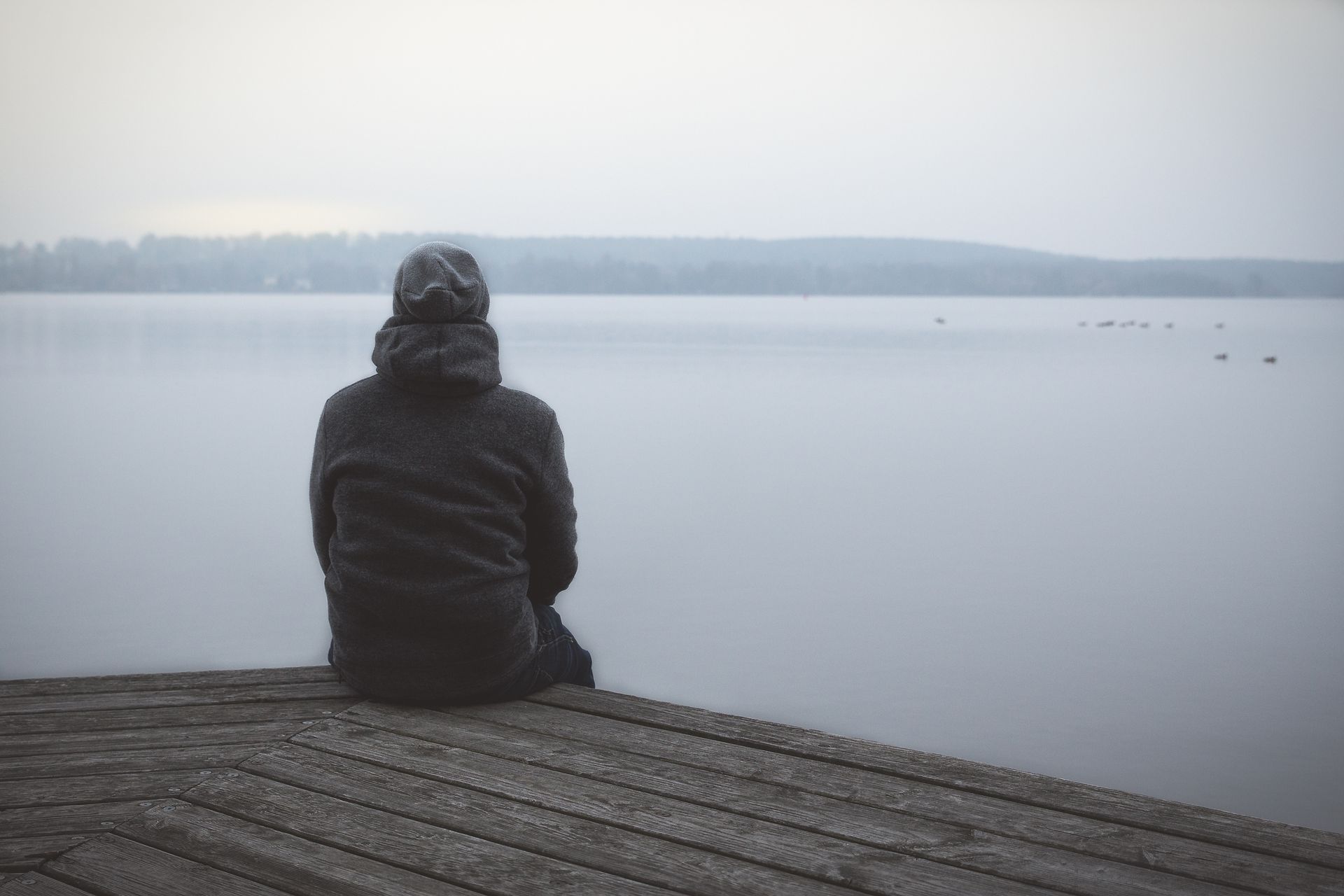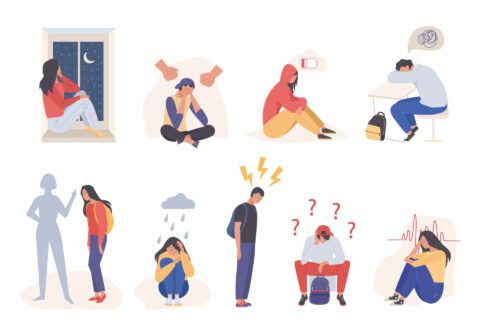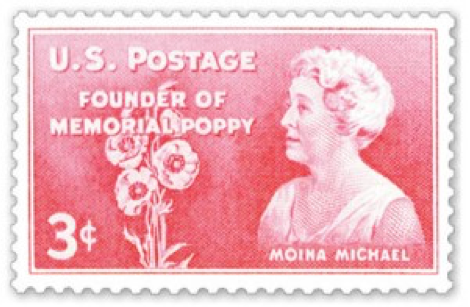A Country Celebrates Memorial Day
It’s Memorial Day weekend—for many people, the first holiday of the summer season. Families across the country will take the holiday as a chance to relax and spend time with one another. As we celebrate, let’s remember what the federal holiday is really about, and where it came from.
What is Memorial Day about?
Memorial Day is a United States federal holiday where we have an opportunity to pay tribute to our loved ones who have passed on. It is a day of recognition of both life and death, a day when we mourn and celebrate. Many people take the opportunity to visit the gravesites of their family members and friends. Others use the day as a chance to celebrate national pride, and special thanks are given to our troops and veterans who have died in service of their country.
When did Memorial Day start?
The last Monday in May became Decoration Day right after the Civil War to recognize the many men who had fallen in battle. On the first Decoration Day, May 30, 1868, General James Garfield spoke at Arlington National Cemetery. After the speech, 5,000 participants decorated the graves of the 20,000 Union and Confederate soldiers buried there.
In 1966, President Lyndon Johnson declared Waterloo, N.Y., the “birthplace” of Memorial Day. The day was officially made a federal holiday in 1971, and was dubbed “Memorial Day” with the Congressional Passage of the National Holiday Act. It is important to recognize that Memorial Day is different from Veterans Day in November, which recognizes all those who have served their country. Memorial Day honors those who have laid down their lives in the service of the United States.
What are some common Memorial Day traditions?
On the first Decoration Day in 1868, small American flags were placed on each grave in Arlington National Cemetery— a tradition followed at many national cemeteries today. In recent years, the custom has grown in many families to decorate the graves of all departed loved ones.
Since the year 2000, people across the United States hold a national moment of remembrance. At 3:00 pm local time on the last Monday in May, people across the U.S. observe a moment of silence to honor those who have died in the service of our country. Many local events and households play “taps,” prayers are uttered, and American flags are flown at half-mast to demonstrate a demeanor of mourning.
Another Memorial Day tradition is the wearing of poppies. In 1915, Moina Michael wrote this poem :
Michael began selling poppies to her friends and co-workers to wear on Memorial Day to recognize those who died serving the country. This effort grew year by year, and eventually Michael sold the poppies to raise money for war-orphaned children and widowed women. Wearing poppies, laying them on graves and using them as decoration is still a prominent Memorial Day tradition.
However you choose to celebrate this Monday, take some time to reflect and appreciate the brave men and women who serve our country, especially those who have lost their lives in so doing.
The post A Country Celebrates Memorial Day appeared first on Memorial Mortuaries.














